Successive New Zealand governments of all political persuasions have been unwilling to confront the uncomfortable fact that increasingly large numbers of Vietnam veterans were falling ill and dying from exposure to Agent Orange, a defoliant containing dioxin which was extensively used by the US in Vietnam.
The dioxin issue is further complicated, from a New Zealand point of view, by the fact that dioxin for US use in Vietnam, whose production was prohibited in the USA, was being covertly produced at Ivor Watkins Dow\'s chemical plant in Paritutu, New Plymouth. Although members of the Paritutu community have contended for years now that Dow is responsible for a spate of illnesses and health problems, Dow has denied this.
Partly on the basis of false or misleading testimony from Dow Agrochemicals a number of official and parliamentary enquiries found, as recently as 1990, that Agent Orange had not been manufactured in New Zealand.
These Vietnam veterans were acting on instructions from the New Zealand government when they were exposed to large quantities of Agent Orange. Yet, although successive New Zealand governments knew that ever more veterans were ailing and dying, they had to fight tooth and nail against an unsympathetic military bureaucracy for even the most minimal benefits. They were often living in relative poverty and suffering from declining health.
Then, in December 2006, NZ\'s Labour government signed a memorandum of understanding formally recognizing the impact of a toxic environment in Vietnam on NZ veterans, and its subsequent after-effects on them. It appeared as though, after decades of agitation by veterans, many of whom were already dying and in poor health, their needs had finally been recognized. There was an official apology, bolstered by a promise of $30 million in compensation and a benefits package.
When in opposition the National Party led by John Key almost outdid Labour in its vociferous support for the Labour Party\'s 2006 apology to veterans for their ’\'mistreatment\". Two reports which had formed the basis of government policy on dioxin were described by Mr Key as \"factually incorrect, fatally flawed, and deeply offensive\".
The increasingly few veterans still surviving have yet to see the fulfillment of this promise. In 2010 the New Zealand Law Commission found that the War Pensions Act 1954
is \"outdated and inaccessible\", recognizing another key grievance of the veterans. It recommended that an expert medical panel similar to the present one should be a feature of the new legislation.
In 2009 the government appointed an expert panel on veterans’ health, composed of former RSA President John Campbell, a Vietnam veteran, and senior medical experts. The panel’s wide-ranging brief was to conduct research into the diversity of veterans\' health-related concerns and to report back to government with recommendations. Veterans felt that, after decades of struggle, the government was finally prepared to prioritise all issues of importance to them, and was willing to act on recommendations of an independent expert body chaired by one of their own.
Now, two years on, with a new conservative government at the helm, the panel has submitted five reports or sets of recommendations. On the insistence of the National government all these reports have been classified as confidential. Now the government has disbanded the panel, as expected after two years. The relevant minister, Judith Collins, who is on record as lambasting Labor in 2006 for lack of transparency over its sluggishness and lack of transparency in relation to veterans\' matters, is now vaguely declaring that she is \"looking at proceeding under a different format\", with a spokesman saying that no decisions have been made on the future composition of a new panel or other terms of reference.
Now, after almost three years in office, the National Party has shrouded the work of its own expert panel in confidentiality and, according to the outgoing panel chairman, \"has not yet met the expectations of myself and other Vietnam veterans\". The chairman has also said that he would not be offered a place on any new panel, as he had been critical of lack of action on the panel\'s reports and recommendations, and of the government\'s decision not to release its reports and recommendations to veterans and the public.
In hard financial times the National Government may well be influenced, amongst other things, by concern that any official recognition of liability on its part and payment of compensation could trigger a tidal wave of compensation claims, not merely from the population of Paritutu, but also from veterans suffering from health problems attributable to exposure to radiation, as well as from members of the public suffering from a wide range of other illnesses attributable to environmental causes.
Just when Labour\'s apology encouraged veterans to feel that their concerns had finally been accorded the recognition they deserved, it appears as though the National Government has decided to backtrack on its position in 2006, and to condemn surviving veterans to another period in the political wilderness. Ten years from now almost all Vietnam veterans will have died without their legitimate claims having been met.



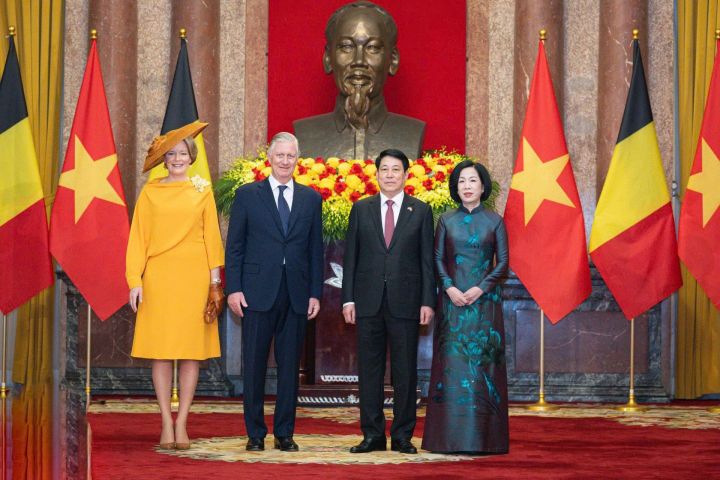


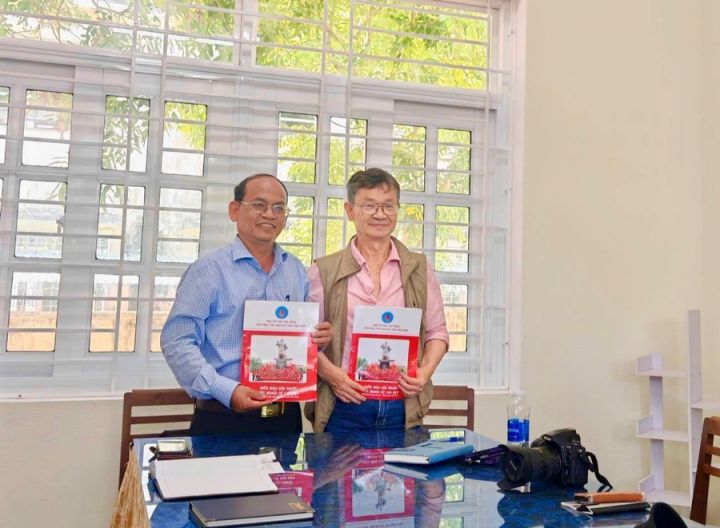

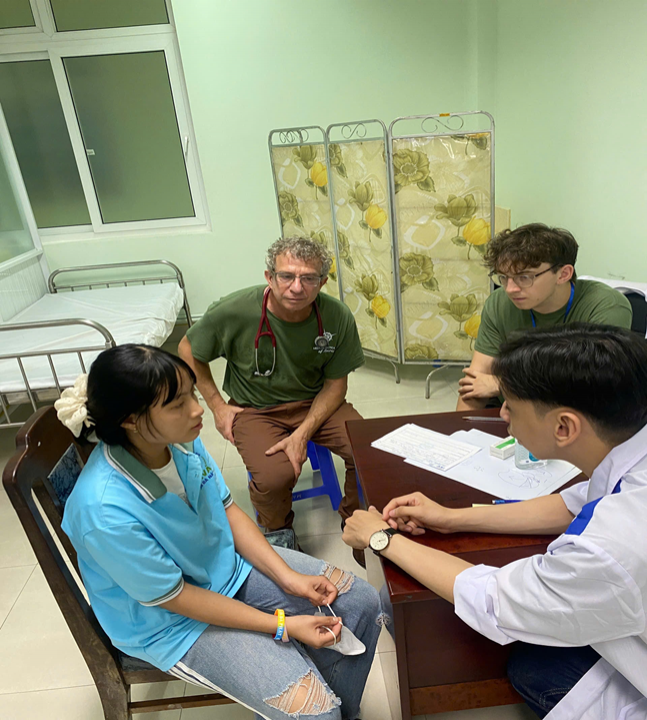












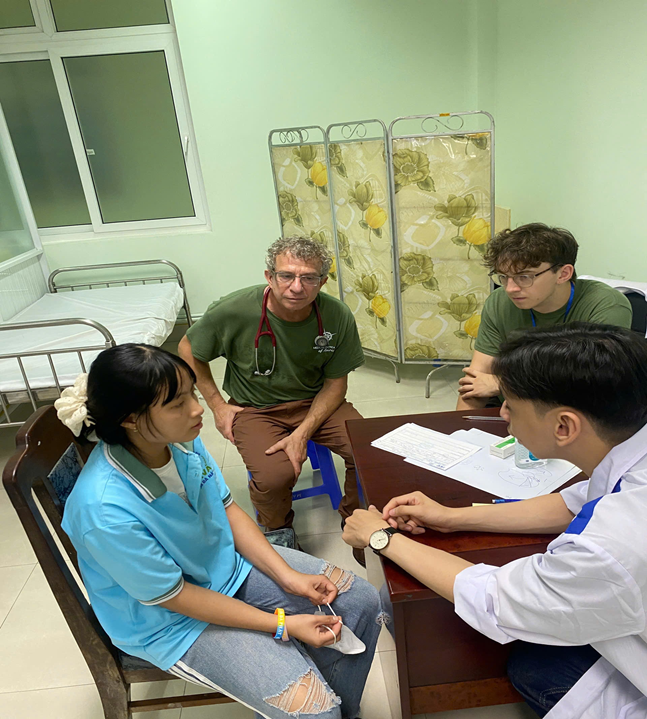
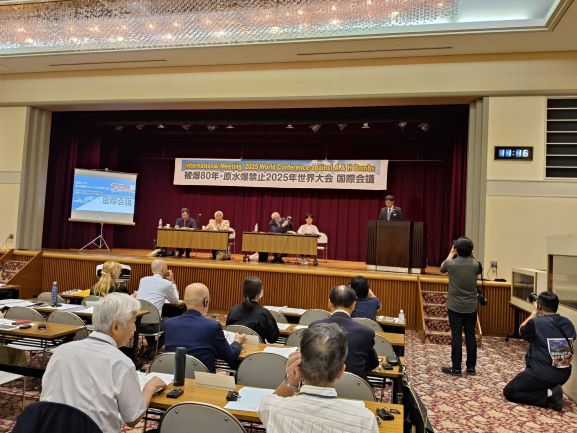
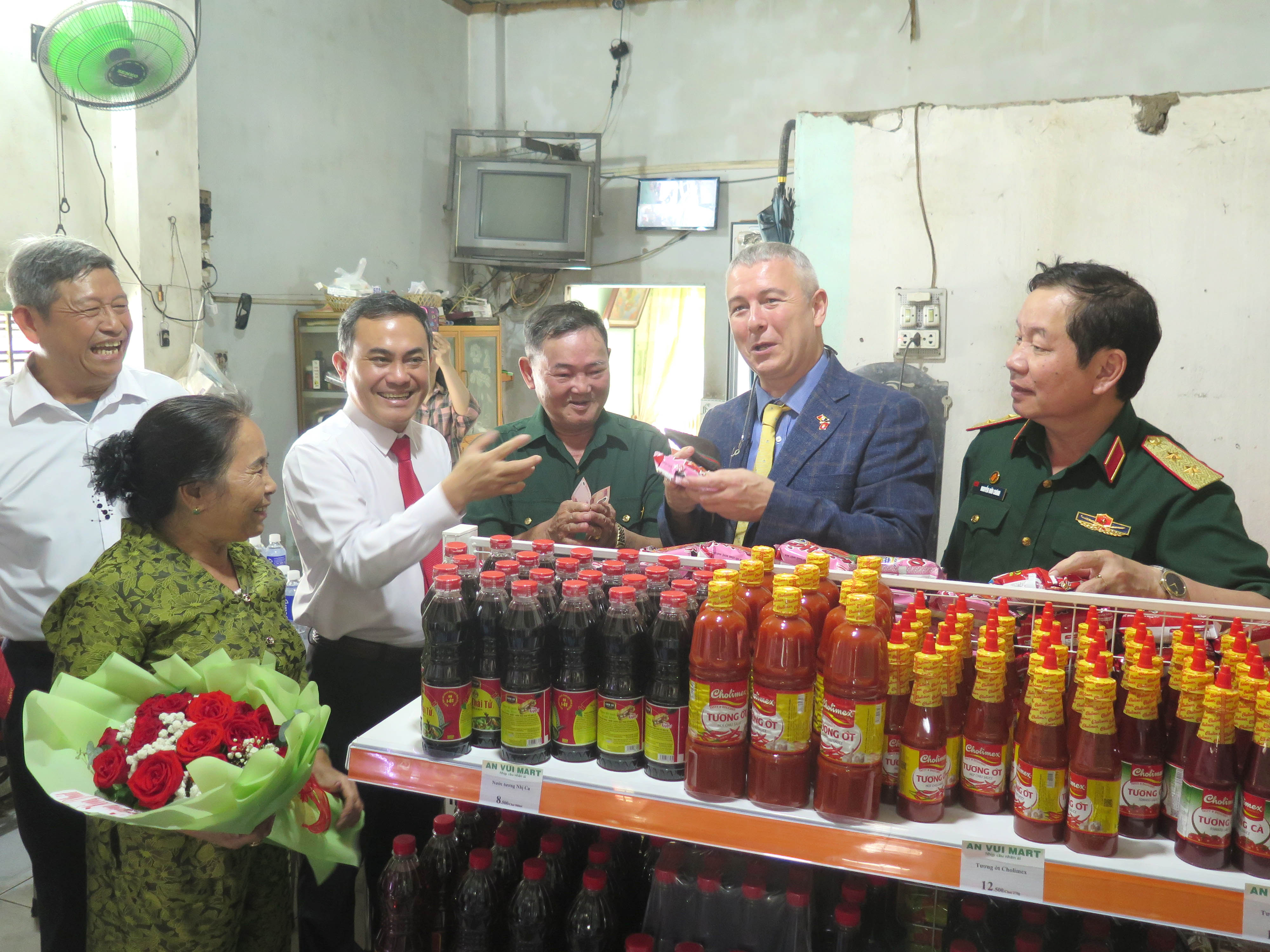
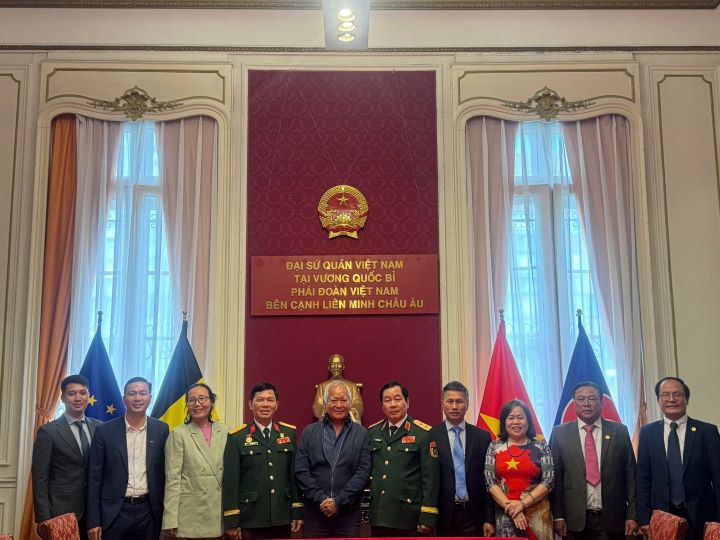
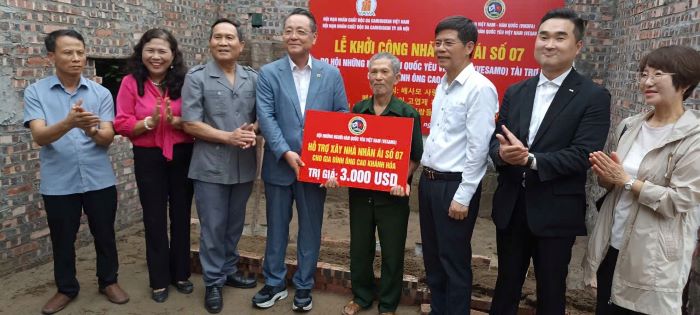


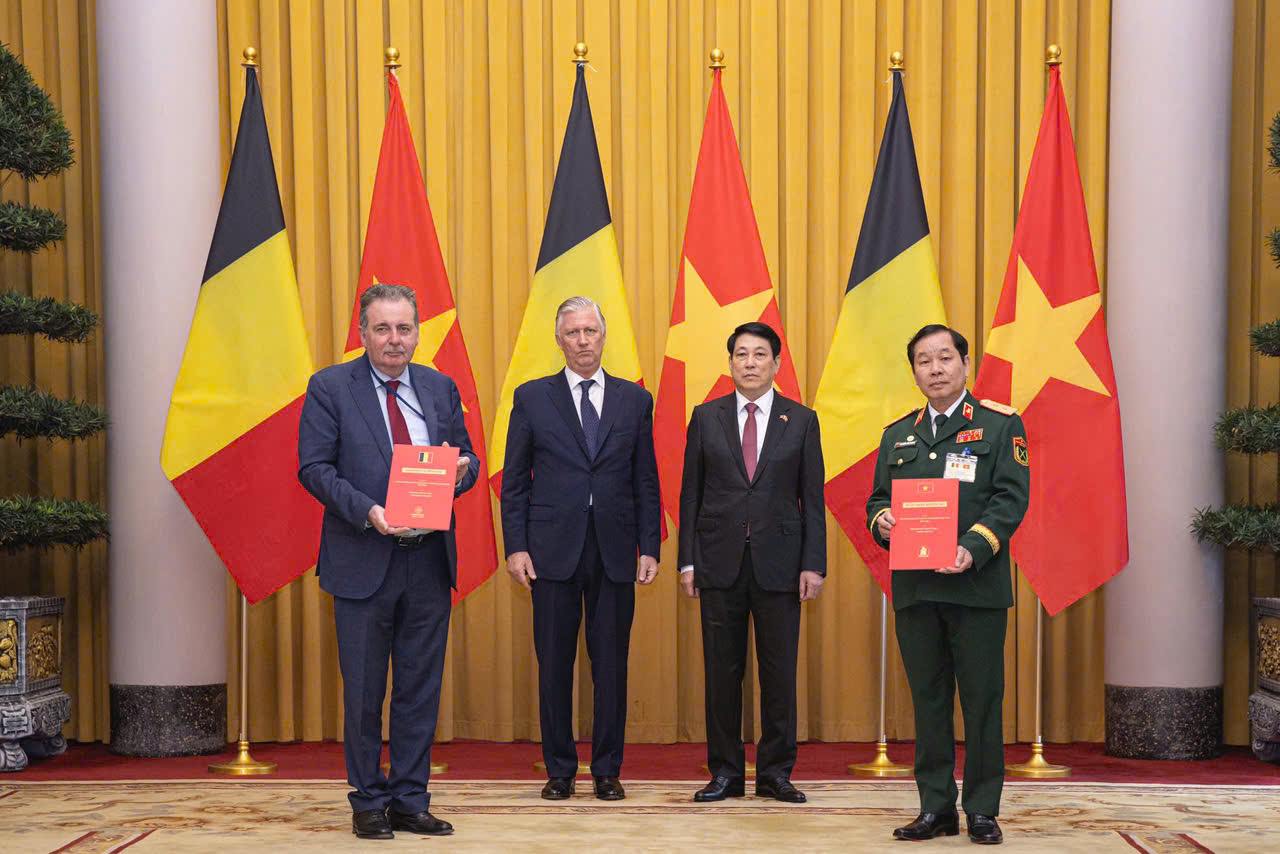

Comment